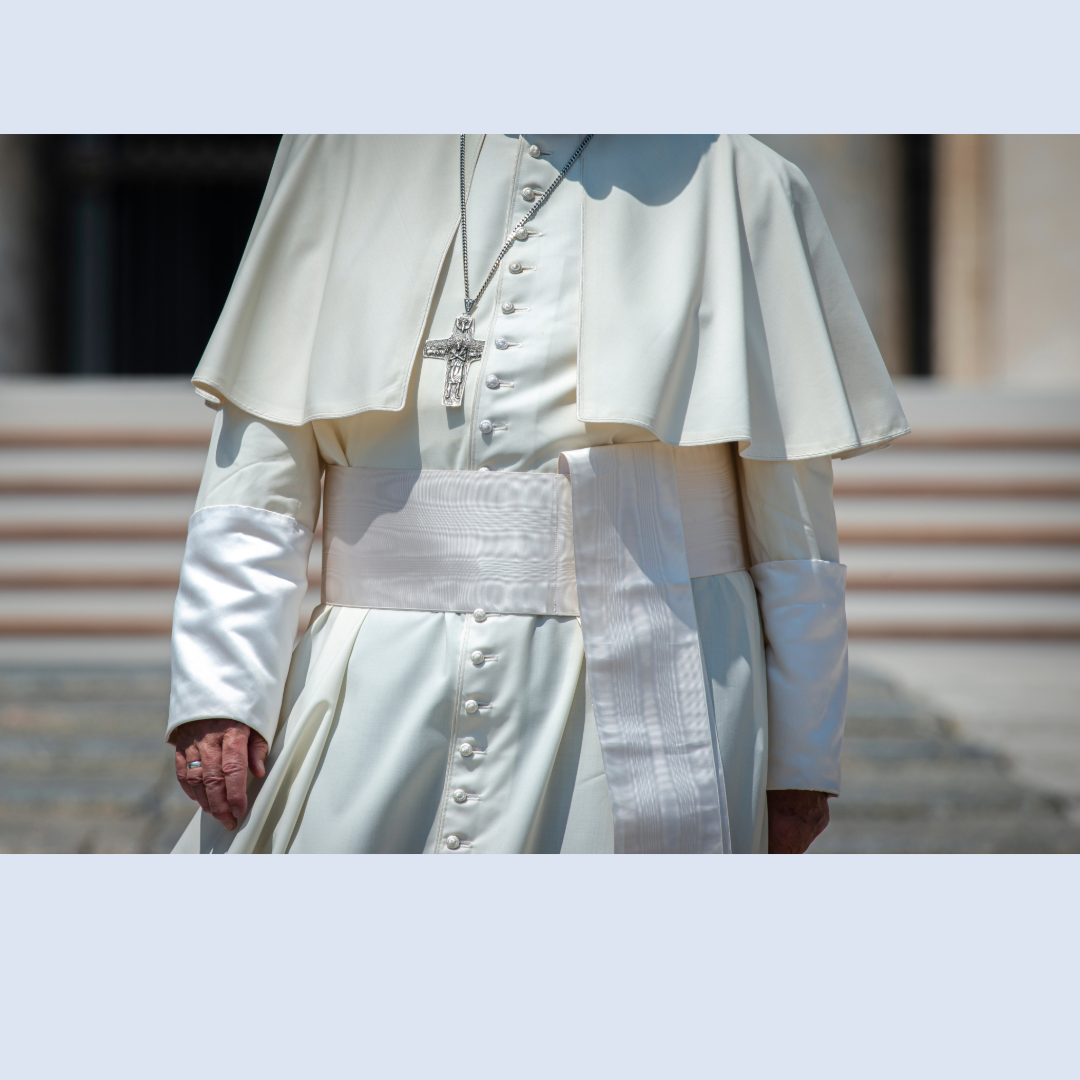Pope Francis’s death marks the end of a papacy that boldly thrust the Catholic Church into climate change politics, most notably through his 2015 encyclical Laudato Si’.
His fervent advocacy, framed as a moral imperative to save “our common home,” reshaped the Church’s role in global debates, and at a cost. By leaning on institutional authorities like the IPCC, Francis blurred the once sacred line between religion and science, a divide the Church had respected for some time. His reliance on contested climate narratives, without engaging the underlying science, sidelined dissenters—dismissing “climate deniers” as “foolish” in a 2024 CBS interview. Shame.
Laudato Si’ was a masterstroke of moral rhetoric, tying environmentalism to Catholic social teaching. It inspired movements like the Laudato Si’ Action Platform and pushed Catholic institutions toward divestment from fossil fuels. Shame.
By prioritizing institutional consensus over open inquiry, Francis stifled the Church’s potential as a neutral arbiter. His calls for “decisive action” at COP28 and interfaith climate declarations, like the 2024 Jakarta statement, showed zeal but ignored economic trade-offs and ignored the failure of climate models. The simulation models are useless at forecasting weather and climate, useful as political tools.
To his credit, Francis’s heart was with the poor, whom he saw as climate change’s worst victims. His push for “ecological debt” forgiveness for poorer nations was a sincere, and foolish, plea.
What if science limits the meaning of our lives; there is no purpose beyond that which we create? Some of us will live on—through our genes, our inventions, our writings or the good works we have sponsored. Even Pope’s die, and that which he has writ cannot be erased, not one line of it however foolish.


 Jennifer Marohasy BSc PhD is a critical thinker with expertise in the scientific method.
Jennifer Marohasy BSc PhD is a critical thinker with expertise in the scientific method.

Pope Francis was a Marxist, so betraying his flock and calling. Support for the religion of harmful man-made carbon-dioxide-emissions global warming is an article of Marxist agitprop. Simple.
The Earth/Solar Orbital ‘calendar’ demonstrates there are always 360 Day/Night Intervals for each Earth/Solar Year. Therefore there are 12 X 30 Day/Night Interval Months per Earth/Solar Year – and the Earth orbits through One Degree of Solar Longitude for each Rotation of its Axial Spin. Thus, there are NO equal ‘7 Day Weeks’ per 30 Day/Night Interval Month. This is empirically proven by the exact frequency, duration and ‘terrestrial footprint’ of the Solar-induced Orbital Dry Cycles.
Priest-led Religion of ALL denominations, (and their attendant Monarchies) is based on falsehood and fabrication – perpetrated and perpetuated by the Catholic Church in a continued denial of the observation that the Earth orbits the Sun,(Galileo vs Inquisition.)
The Gregorian Calendar of 1582 should be relegated to the ‘scrapheap’ of history.
Humankind has never had ‘God on its side’ – and never will have.
Unfortunately Francis was involved in far more than the politics of Climate Change! Happy to expound, but not here. Cheers
A decade ago Stephen Hawking had a chat with Pope Francis on the big bang, the meaning of everything.
https://aleteia.org/2016/12/03/when-religion-pope-francis-met-science-stephen-hawking
A lot has happened since then, the space telescope gives us a front row seat to test a few theories.
Thanks Jen. With all the silly socio-reverence that is going on now, someone needed to mention this.
And possibly a lot more.
Mr Gaddes
Seems I was wrong about El Nino being the next cab off the rank.
https://earth.nullschool.net/#current/ocean/surface/currents/overlay=sea_surface_temp_anomaly/orthographic=-119.47,1.90,530/loc=-119.686,-1.992
Later this year the Orbital Dry Cycle theory will be put to the test, with La Nina in the wings I reckon Oz will be wet.
“Christopher Game says
April 21, 2025 at 8:10 pm”
Correct.
He also embraced Islam.
Pope Francis Is now in Heaven✝✡
ironicman;
You may have made a note of the dates provided from previous posts.
Australia will be Wet/Normal until the current Dry Cycle Vanguard arrives in early January 2026,(Byron Bay circa 155 degrees E.)
At present the current Dry Cycle Vanguard is over the Eastern Pacific, the Gulf States and the Great Lakes of the U.S.A. (circa 90 degrees W) – moving East to West at 15 degrees of Longitude per 30 Day/Night Interval Month,(half a degree of Longitude per Day/Night Interval.)
I Think Pope Francis is Is the G.O.A.T🦄✝✡🕯